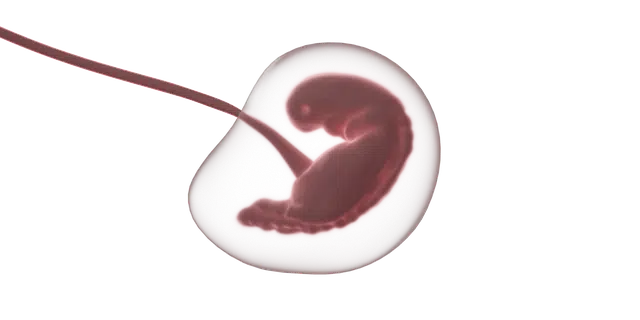
Ontogeny describes the development of the human being in its embryonic stage.
In order to establish the meaning of the term ontogeny , the first and most important thing is to clarify its etymological origin. In this sense, we have to say that it derives from Greek, since it is made up of these elements:
• «Ontos», which can be translated as «the being».
• «Genos», which is synonymous with «race» or «origin».
• The suffix «-ia», which is used to indicate «quality».
What is ontogeny
Ontogeny is responsible for describing how a human being or an animal develops. The notion focuses especially on the embryonic stage , when fertilization of the egg occurs.
Through ontogeny, therefore, the modifications that occur in the structure of the individual can be analyzed. The cells of the zygote begin to diversify and organize into organs and tissues as they grow, a process that is carried out according to various interactions and the internal dynamics of the organism in formation.
Development stages
Ontogeny recognizes different stages in development . It all begins with fertilization , that is, with the two gametes that join to form a zygote. An activation process causes the zygote to begin its segmentation through mitosis .
The next phase of ontogeny is embryogenesis , which begins with the segmentation of the zygote and extends to organogenesis (the formation of different organs ).

Fertilization sets ontogeny in motion.
Ontogeny and phylogeny
For a long time, it was believed that ontogeny was a sample of how each species develops during its evolution. Current science , however, has put this theory aside, despite recognizing certain links between ontogeny and the so-called phylogeny (which studies the evolution of a taxon of organisms).
Sometimes, ontogeny and phylogeny are often confused. However, although they may have a common connection, they are different. Specifically, the simplest way to understand what separates them is the following maxim: while phylogeny is responsible for studying the evolution of the species, ontogeny does the same but with that of the individual.
Thanks to phylogeny, important results such as these are achieved:
• Study the differences and similarities that exist in the DNA chains of different species. As well as the modifications of those over time.
• In the same way, it is very useful to be able to undertake the analysis of what is the evolution of classes, families, genera... within species.
• Allows notable development and progress in areas such as mutations.
Linked theories
It is interesting to highlight, in addition to everything stated above, that both terms, which are very important within what anthropology is, were introduced, created and implemented by Haeckel in the 19th century. This was the one who in 1866 proposed the well-known biogenetic law, which stated that ontogeny summarized what was proposed in phylogeny.
The recapitulation theory, therefore, was replaced by the synthetic theory , which explains evolution by integrating Darwinian natural selection with hereditary biological components and the random changes that occur in genetics .
